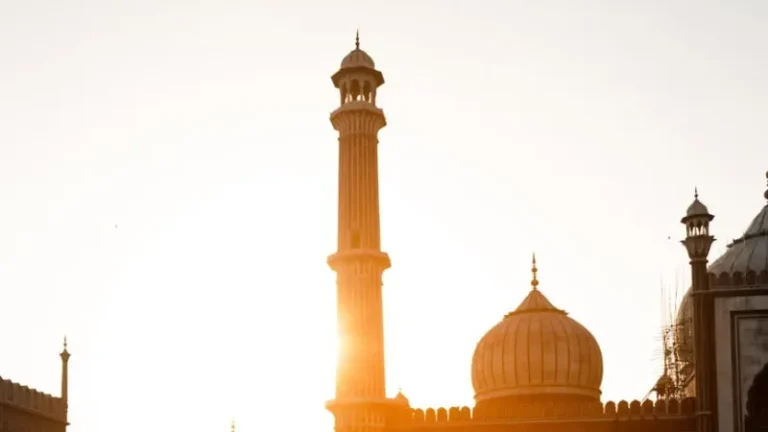
The Gujarat High Court (HC) has dismissed a plea by the Mansa Masjid Trust, allowing the Ahmedabad Municipal Corporation (AMC) to proceed with the partial demolition of the 400-year-old Mansa Masjid in Saraspur, citing public interest.
Court Decision and Legal Basis
-
The High Court, led by Justice Mauna M. Bhatt, refused to grant a four-week stay on AMC’s demolition order.
-
The court noted that the Waqf Act does not apply in this case because the Municipal Commissioner acted under special powers granted by the Gujarat Provincial Municipal Corporations (GPMC) Act, rendering the plea legally insufficient.
-
The ruling supports AMC’s position that the demolition is part of a lawful urban development project and serves public interest.
Historical and Cultural Significance
-
The mosque is approximately 400 years old, having undergone reconstruction and renovations over the centuries.
-
The Mansa Masjid Trust, registered under the Bombay Public Trusts Act, 1950, manages the mosque and facilitates religious activities for the local Muslim community.
-
The trust argued that the demolition violates constitutional guarantees of religious freedom and claimed AMC ignored objections submitted in January 2025.
Government Justification
-
The Gujarat state government explained that the partial demolition is necessary to ease traffic congestion and support urban development along the corridor connecting Kalupur Railway Station to Ahmedabad Metro Junction.
-
Officials emphasized that all legal procedures under the GPMC Act were followed and reiterated that special municipal powers supersede the Waqf Act in this context.
Precedent and Wider Context
-
In September 2024, the demolition of a 500-year-old mosque, a dargah, and a graveyard in Gir Somnath district led to public outrage and a petition in the Supreme Court of India.
-
The Supreme Court did not intervene, affirming that such demolitions were legally justified under state law.